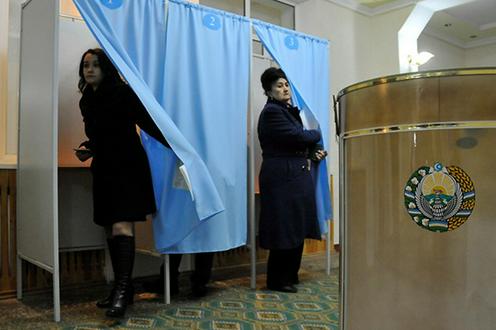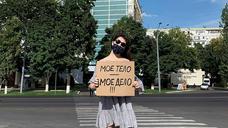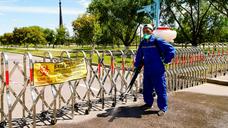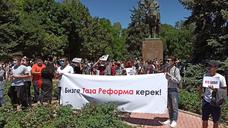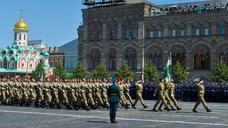International election observers are concerned that rules governing Uzbekistan’s parliamentary elections on December 22, 2019 do not allow voters a genuine choice of candidates, Human Rights Watch said today in releasing a question and answer document about the elections and human rights in Uzbekistan. The elections are the first since President Shavkat Mirziyoyev came to power in 2016 and are seen by the government as key to the reform process he has initiated.
The Organization for Security and Co-operation in Europe’s Office for Democratic Institutions and Human Rights (OSCE ODIHR), the most important election monitoring organization in the region, has warned that under Uzbekistan’s revised election code “restrictions on or an absence of guarantees of fundamental freedoms” remain unaddressed. The five registered parties in the election all operate within the political confines defined by the government and no independent or opposition parties have been allowed to participate.
“Uzbekistan has recently introduced important reforms so it’s a missed opportunity that this reform spirit did not extend to these parliamentary elections,” said Hugh Williamson, Europe and Central Asia director at Human Rights Watch. “Tashkent should in future allow independent parties and candidates to run in such elections.”
The question and answer document reviews aspects of the elections from a human rights perspective, including media coverage and the increase in the number of women candidates. It also outlines key human rights developments in the country in recent years, regarding political prisoners, freedom of expression, civil society, forced labor and other issues.
-
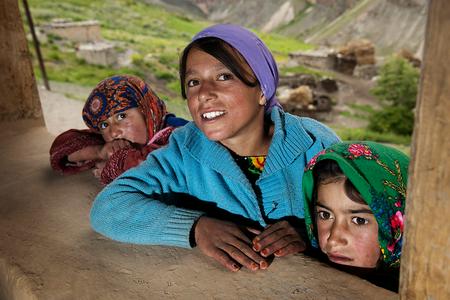 09 August09.08The two deportations of YaghnobDeep in the Tajik mountains live the last bearers of the dying language and culture of the ancient Sogdians
09 August09.08The two deportations of YaghnobDeep in the Tajik mountains live the last bearers of the dying language and culture of the ancient Sogdians -
 06 August06.08What went wrong in Central Asia’s coronavirus response?How poor planning and a fixation on faulty test results undid months of hard work
06 August06.08What went wrong in Central Asia’s coronavirus response?How poor planning and a fixation on faulty test results undid months of hard work -
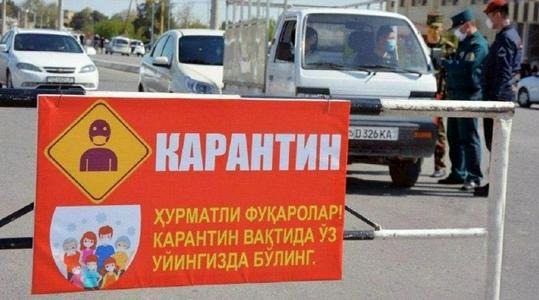 31 July31.07“Another week and I wouldn’t have got out of there alive”Why patients in Uzbekistan fear ending up in hospital, and medics fear the end of the lockdown
31 July31.07“Another week and I wouldn’t have got out of there alive”Why patients in Uzbekistan fear ending up in hospital, and medics fear the end of the lockdown -
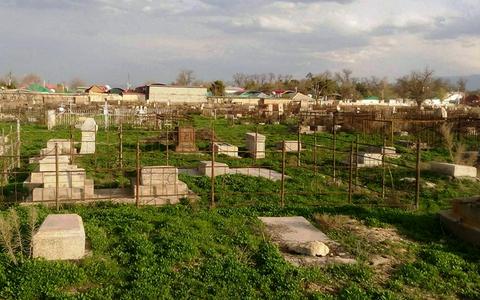 30 July30.07“The number of graves now is 15 times greater”Lebap region residents told to hide new graves from satellite imaging amid more reports of chaos in Turkmenistan’s COVID-19 response
30 July30.07“The number of graves now is 15 times greater”Lebap region residents told to hide new graves from satellite imaging amid more reports of chaos in Turkmenistan’s COVID-19 response -
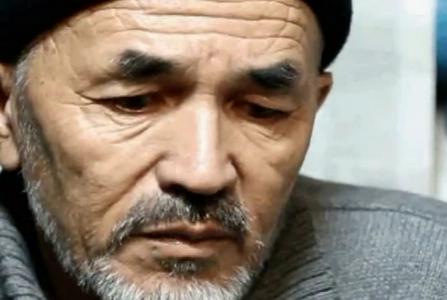 27 July27.07Видео“Askarov’s death was in the interests of numerous criminals”Fergana General Director Daniil Kislov’s statement on the death of rights activist Azimjan Askarov
27 July27.07Видео“Askarov’s death was in the interests of numerous criminals”Fergana General Director Daniil Kislov’s statement on the death of rights activist Azimjan Askarov -
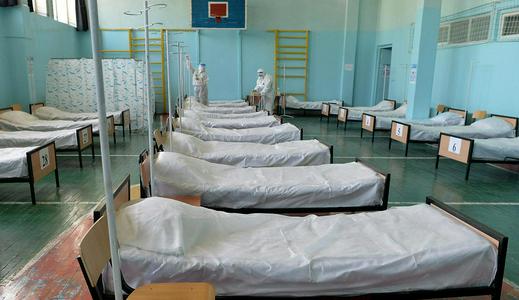 25 July25.07Slaying the hydraWhy the coronavirus has been winning in Kyrgyzstan
25 July25.07Slaying the hydraWhy the coronavirus has been winning in Kyrgyzstan
